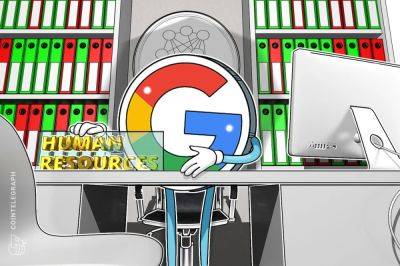Don't be surprised if AI tries to sabotage your crypto
As the world of cryptocurrency trading evolves, so does the technology supporting it. In recent years, we've seen a surge in AI tools like ChatGPT being integrated into various facets of the crypto landscape. This development, while exciting, is not without its drawbacks.
A recent survey by my own exchange — Bitget — found that in 80% of cases, crypto traders admitted to having negative experiences with ChatGPT. Specific examples included false investment advice, misinformation and falsification of facts.
Artificial intelligence is not an omnipotent entity but, rather, a man-made tool. AI and, more specifically, ChatGPT, operate within parameters set by human developers, and while its capabilities are impressive, they're not without their limitations. Our society's understanding of these tools is still maturing, and it's critical to recognize their potential risks, especially when it comes to financial decisions.
Related: Who was front-running Binance users?
In the pursuit of better customer experience and innovation, many fintech companies are exploring the potential benefits of incorporating AI into their operations. The experiments with using AI for customer inquiries, design, copywriting and coding, however, have shown that human talent still outperforms AI most of the time.
Bitget tried using ChatGPT to handle routine customer inquiries. Initially, we were impressed by its proficiency in analyzing and compiling the information. However, as we delved into more complex queries, the cracks began to show. Despite being trained on extensive data, ChatGPT sometimes offers misleading, biased or incomplete information, as a recent internal test reminded us.
When our staff inquired about market sentiment regarding a
Read more on cointelegraph.com





















